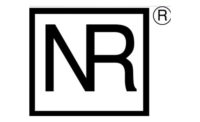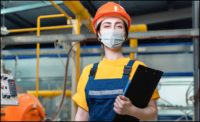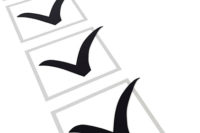The National Board of Boiler and Pressure Vessel Inspectors (NBBI) has offered top-tier industry training since the mid-1970s and continues to provide comprehensive and effective training offerings nearly 50 years later. While the main focus of NBBI’s training has traditionally centered on the education of inspectors, the National Board recognized a need that was also brought up by several member jurisdictions: standardized training for pressure equipment installers.
“The foundation of any structure is important, and proper boiler and pressure equipment installation lays the foundation for safe and efficient operation of these devices,” said Joel Amato, executive director, NBBI.
Likewise, the proper training for the installers of this equipment is equally important.
“This online series was developed at the request of the National Board membership,” said Kimberly Miller, director of training, NBBI. “They saw a need for uniform training for installers in their jurisdictions and brought the idea to us. After discussion we settled on the equipment with the greatest need and began the development process for six courses we have today.”
This series introduces foundational knowledge about installation requirements as well as current regulations, laws, and standards for installation. Installers also review safety precautions and the specific requirements for each type of pressure equipment.
The series’ six courses each focus on one of the most common types of pressure equipment:
• Portable water heaters;
• Heating boilers;
• Power boilers;
• Automatically fired burners;
• Pressure reducing stations; and
• Pressure vessels.

The first two sessions of each course discuss regulations and nationally recognized codes and standards, detailing which of these codes are relevant to the installation of pressure equipment. From there, the remainder of each course focuses on specifics of that piece of pressure equipment or pressure-retaining item. For example, the Installation of Heating Boilers course describes the general guidelines for installation found in NBIC, Part 1, Section 1. It also describes the specific rules for installation found in NBIC Part 1, Section 3, and American Society of Mechanical Engineers (ASME) Boiler and Pressure Vessel Code Section IV, Part HG. Additionally, it explains specifications for safety valves and safety relief valves and clarifies the rules governing their installation.
On top of providing installers with general training, installers are also given a checklist that highlights common questions that may arise related to the installation of pressure equipment. Throughout the course, installers will learn the answers to these questions and will also learn where to find answers to them depending on the type of equipment being installed and the jurisdiction where the installation is taking place.
Some of these questions include:
• How do I know if the equipment I’m installing is regulated by the jurisdiction?
• Do I need an installer’s license to perform this installation?
• What codes and/or standards pertain to the equipment I’m installing?
• When the installation is complete, is there a final inspection/acceptance needed?

At the end of the course, installers will receive a certificate of completion they can print out for their records.

The accessibility of training has been a matter that NBBI has always prioritized. By offering the Installers Series training courses online, more interested installers have access to the course without having to find the time and means to travel to NBBI’s campus. Each course is roughly two to three hours, and installers can start and stop as they work their way through the sessions. Tuition for each course is $125, and interested installers can enroll online through the National Board’s education center.
“The National Board is proud to offer a variety of quality training opportunities for inspectors and installers alike,” said Amato. “We hope the online accessibility of our installers courses will encourage more industry members to attend and receive the training they need to properly complete boiler and pressure vessel installations.”




